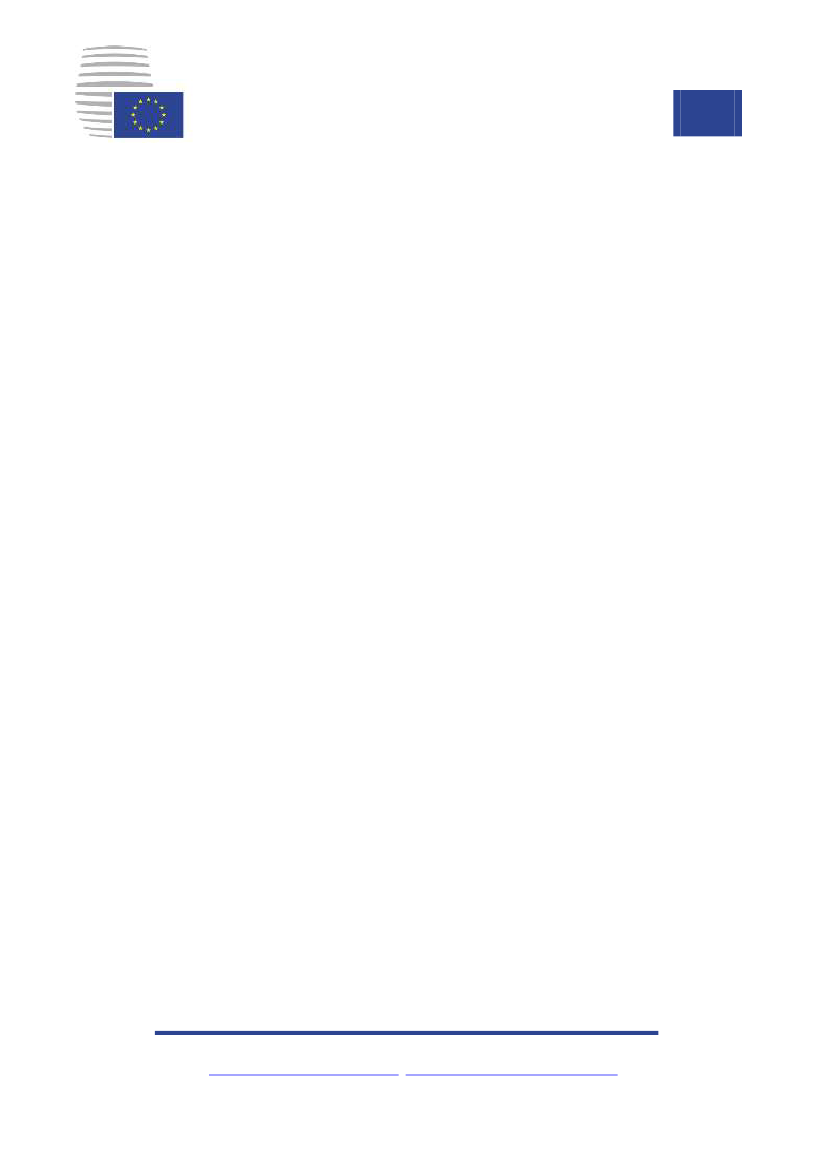
Council of the
European Union
15221/15
(OR. en)
EN
PRESSE 79
PR CO 71
OUTCOME OF THE COUNCIL MEETING
3436th Council meeting
Transport, Telecommunications and Energy
Brussels, 10 and 11 December 2015
Presidents
François Bausch
Luxembourg's Minister for Sustainable Development and
Infrastructure
Xavier Bettel
Luxembourg's Prime Minister and Minister for
Communications and the Media
PRESS
Rue de la Loi 175 B – 1048 BRUSSELS Tel.: +32 (0)2 281 6319 / 6319 Fax: +32 (0)2 281 8026
[email protected] http://www.consilium.europa.eu/press
15221/15
1
EN